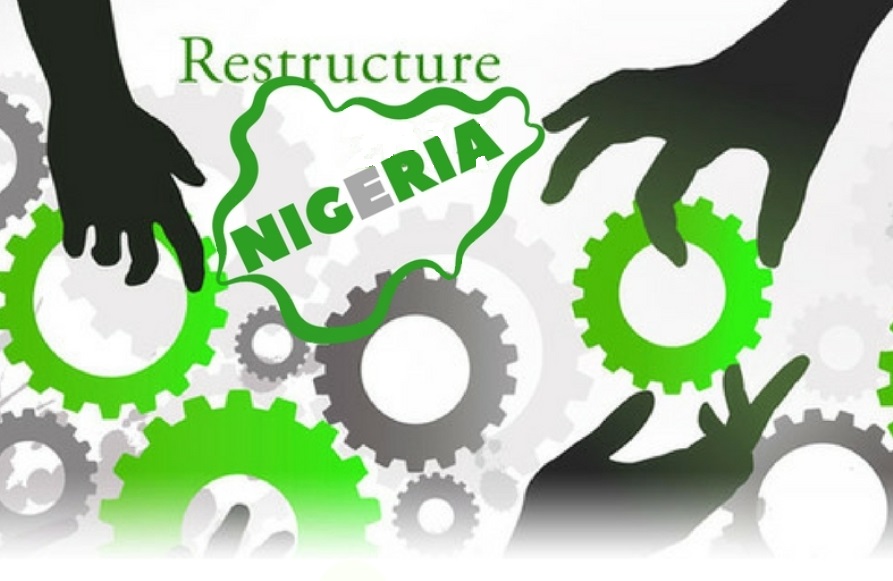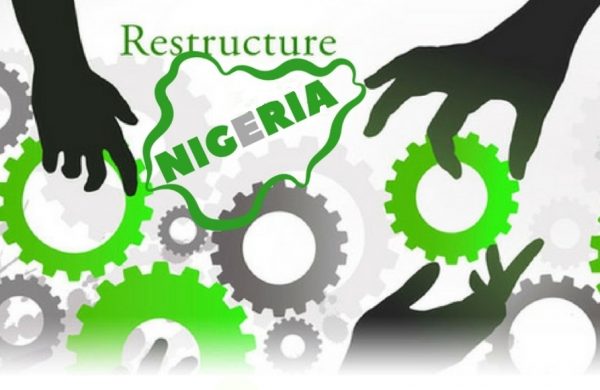When the Union Jack was lowered in 1960 and the green and white flag of Nigeria was raised in its place, Nigerians were yet to define the concept and practice of nationhood. It was a new country with many uncertainties laid before it, but it was too exciting to discuss this important issue. During this period, the country was moved from the practice of regionalism to a parliamentary system of government, an idea modelled after the British system. In 1957, the country practised regionalism where each region of the country – East, West, North and Midwest – were semi-autonomous, controlling the machinery and resources of their regions to a certain degree. The development recorded with this period was remarkable. However, upon independence in 1960, the Prime Minister at the time, Sir Tafawa Balewa, wielded a measure of absolute control of the rest of the country with Dr. Nnamdi Azikiwe who was simply a figurehead President.
Read more about Politics
The worst was to come when the military coup of 1966 broke out. After this painful event came the counter-coup and then a civil war (1967–1970). These events ushered in a series of military governments that centralised power and controlled all the resources of the regions. It spoonfed the rest of the country according to its whims and caprices.
This centralization of power and absolute control from the centre has remained the poster child of underdevelopment and marginalisation in Nigeria. Nigeria, a very large country with a population of over 180 million people from over 500 ethnic groups, running a federal system of government where power is concentrated at the centre, has often made it difficult for the country to thrive, and for good governance to reach the people at the grassroots. Even when Nigeria returned to civilian rule in 1999, it inherited a military Constitution and a system of government where power is concentrated at the centre. However, the Constitution provides for power-sharing among the three levels of government – Federal, State and Local Governments – with the Federal Government given the exclusive list, while the State and Local are to rule from the Concurrent and Residual lists respectively. This did not eliminate interference from federal might in state and local matters. The consequences of this structure are that the 36 States look up to Abuja for its security, allocation and what-have-you.
In recent times there have been heated debates to restructure the country. There is no consensus on what this restructuring means. The term means several things to several people. For some like Wole Soyinka, Pat Utomi, Chukwuemeka Ezeife, Olu Falae, Maitama Sule and Atiku Abubakar, restructuring means a return to regionalism, the system that existed before the coup of 1966, where each region developed itself with its resources. It is a call to return power to existing regions, that is the six geopolitical zones. It will mean more powers to the state government and respective State House of Assemblies. This will result in the elimination of the local governments. While this might sound classical, some have argued that regionalism is a baptismal name of ethnic politics and tribalism. The argument against regionalism is that this was the system in practice that led to the coup of 1966. The regions were in crisis, especially the western region, and corruption was found in each.
Sign up to the Connect Nigeria daily newsletter
Going further, others are defining restructuring along economic lines, where states are given economic independence to control their economy and their finance. The argument further states that States are to source their allocation from within by exploiting available natural resources, using proceeds to develop themselves while remitting a certain agreed percentage to the central government. Others have argued that political restructuring would either create new states or merge states to accommodate minorities.
In conclusion, the practice of restructuring is a call for a constitutional review in which a strategic plan is designed to bring government as closely as possible to the people at the grassroots. The entire argument of restructuring is to accomplish unity of objective, efficiency and effectiveness by creating and locating our significant political, economic, social, technological, educational and legal units as near as possible to the people at the grassroots.
Featured image source: Daily Trust
Got something you want to read about on our platform? Contact us: [email protected]


